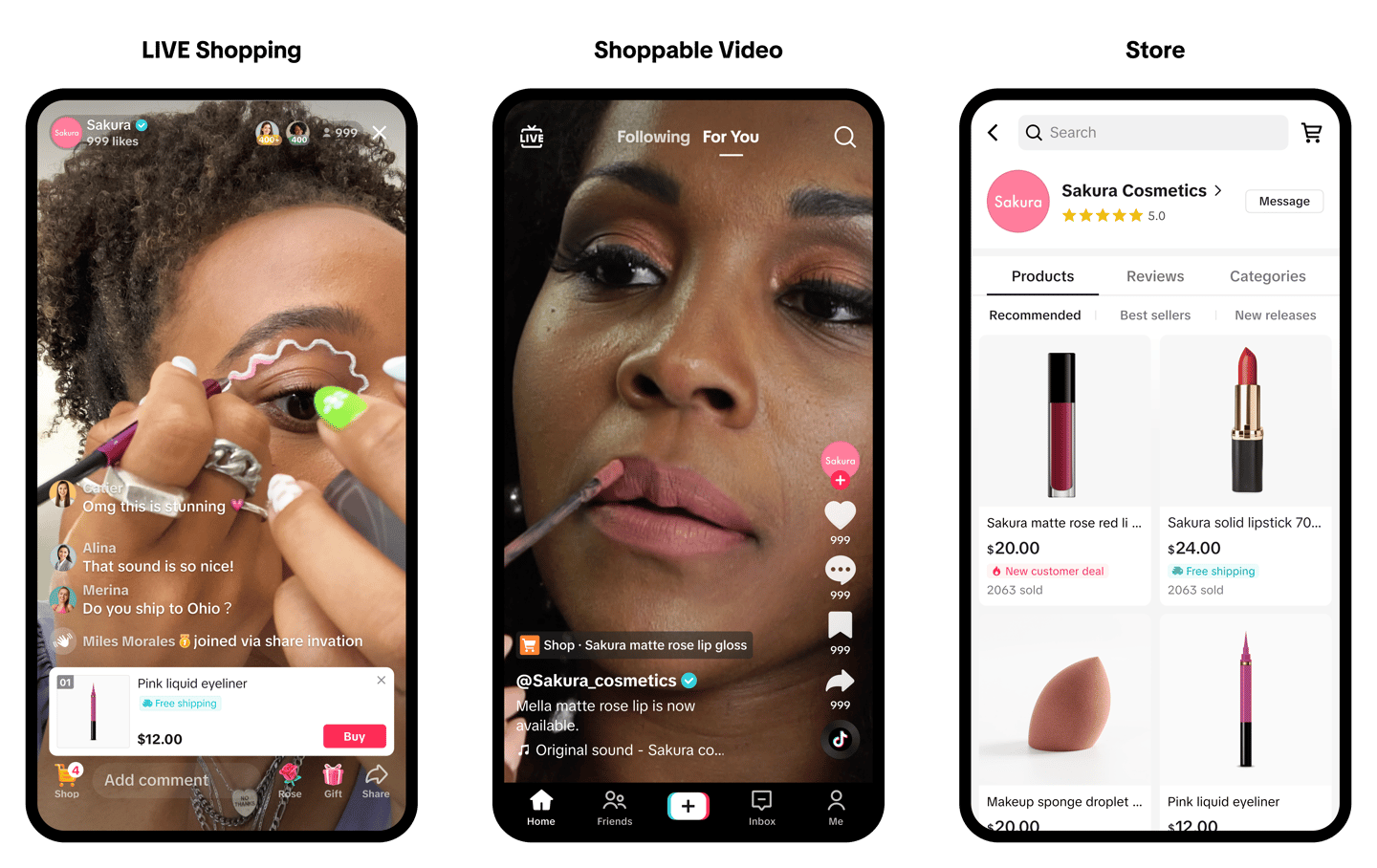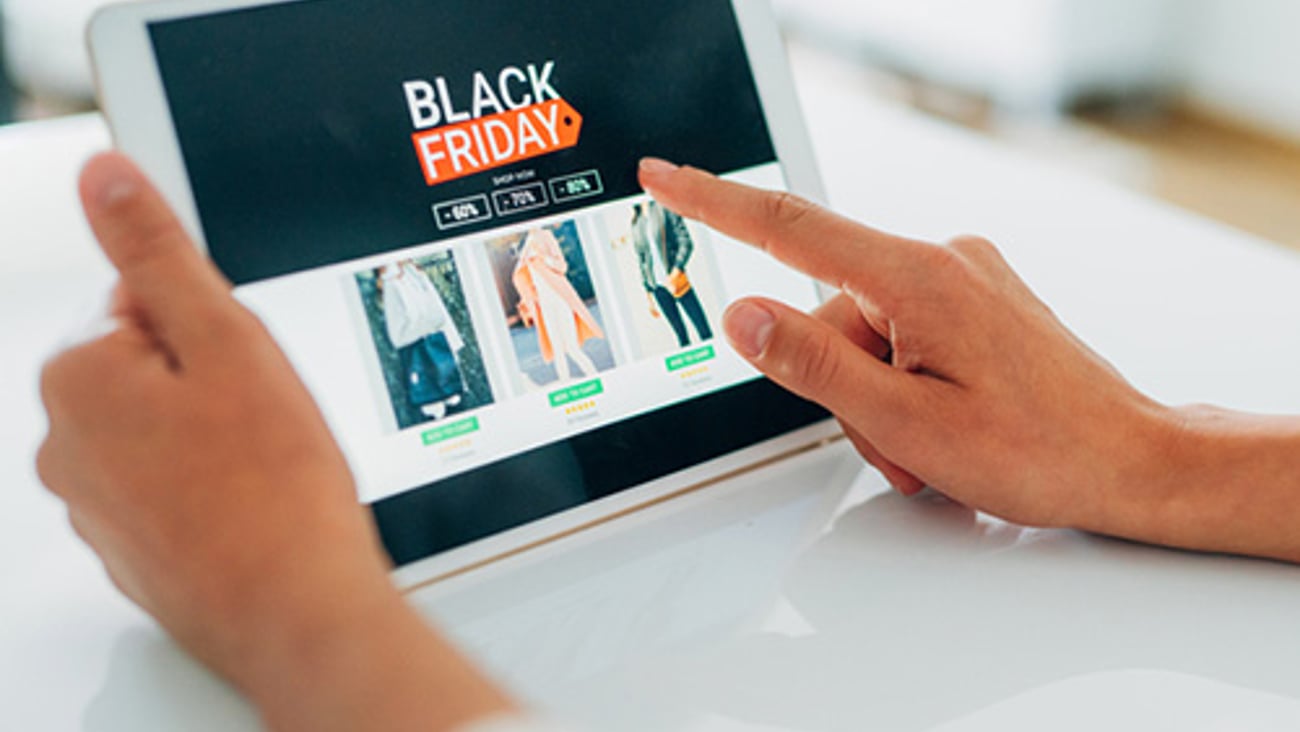2024 – A look ahead to the year in retail tech
Generative AI will continue to be a generator of retail technology headlines in 2024, but the metaverse and TikTok will also make a splash.
2023 saw the world fully emerge from the pandemic and return to “normal,” just in time for a leading-edge artificial intelligence technology called generative AI to disrupt everything from customer service (more below) to term papers.
But two other technology platforms that have been building momentum – retail media networks and TikTok – are also set to play dominant roles on the retail technology stage in the coming year.
Let’s take a closer look at what retailers can expect from each of these innovative technologies in the new year:
Generative AI
Generative AI, which is based on machine learning (ML) and can create new content and ideas, including conversations, stories, images, videos and music, dominated the retail industry in 2023 like no technology since smartphones in the early 2010s.
The year began with a slew of generative AI-enabled customer service chatbots, which will remain a major focus area for retailers. But generative AI is rapidly evolving to become an enabling technology for solutions across every area of the enterprise.
For example, Amazon Ads has launched a generative AI-based image generation solution designed to enable brands to produce lifestyle imagery that can help improve their ad performance, such as placing a standalone image of a toaster on a kitchen counter.
Metaverse
The emergence of attention-grabbing technologies like generative AI largely pushed metaverse technology out of the limelight during 2023. In 2024, many retailers may understandably view the metaverse as yesterday’s tech buzzword.
But they’re wrong. Even though it no longer gets top billing among retail technologies, the metaverse is still a top leading-edge retail solution. For evidence, we need look no further than recent metaverse commerce debuts from two big-name retail industry players: Macy’s and Adidas.
In October 2023, Macy’s rolled out mstylelab, a new metaverse environment accessible by consumers via any device or browser. Customers can join the virtual community, create their user name, collect a personalized digital item, and engage with the first activation, based on the metaverse technology platform Journee.
mstylelab launched with an immersive experience focused on Macy’s newest private brand, On 34th, in a surrealist recreation of New York, and also featured a Macy’s Thanksgiving Day Parade metaverse experience. The department store retailer says it will evolve over time to incorporate new immersive experiences and partnerships.
And in December 2023, Adidas kicked off its launch in the Roblox metaverse gaming environment with pop-up stores carrying officially licensed digital clothing and outfits specifically developed for the platform.
Roblox users can dress up their avatars with Adidas pieces. All items will be available on the Roblox Marketplace digital commerce platform and can be purchased with Robux in-experience virtual currency.
TikTok
TikTok has been attracting large amounts of attention during the past few years, and not always the good kind. The Biden administration has been consistently continuing to express serious regulatory concerns, which began under the Trump administration, and the state of Montana went so far as to ban TikTok within its borders (which may be difficult or impossible to enforce).
However, an estimated 150 million Americans use TikTok, and major retailers including Walmart and Sephora have partnered with the short video platform. Recently, TikTok further solidified its presence in the U.S. digital retail space by launching TikTok Shop, an e-commerce storefront that includes selling tools for retail partners.
Partnering with TikTok may not be the right step for every retailer, but don’t let general fears about its viability prevent you from exploring its potential. Consumers aren’t scared, as evidenced by ESW data showing 36% of all U.S. consumers, including 53% of 18-to-29-year-olds, planned to use TikTok as a holiday shopping resource at the end of last year.







